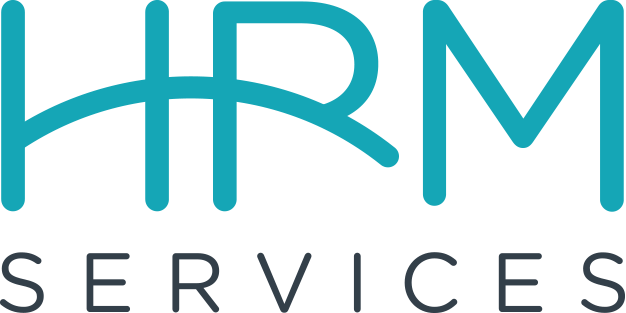QUESTION: I recently implemented a 401(k) plan for my staff. I used an inexperienced agent and found out later that the plan was missing some important components required by law. Before I could have it corrected, one of my staff contacted the Department of Labor and filed a complaint. I was extremely angry at her. She essentially ruined it for the entire staff. I was going to fire her but decided not to. Instead, I wrote her a disciplinary action. Well, now she has filed a whistleblower’s claim against me. Which means I am having to spend money on lawyers instead of putting the money in the employees’ 401(k). I had never heard of this law. What did I do wrong and how could I have avoided it?
ANSWER: I’m glad you did not fire her because then you would really be in a pickle! Michigan enacted the Whistleblower’s Protection Act in 1980[1] to “provide protection to employees who report a violation or suspected violation of a state, local or federal law.” Essentially this law protects employees who make claims to a public regulatory agency regarding the violation of a public act or regulation. When you disciplined her for exercising her rights under this law, you threatened her employment status and therefore allegedly violated the Act.
The law states, “A person who alleges a violation of this Act may bring a civil action for appropriate injunctive relief, or actual damages, or both within 90 days after the occurrence.” Since there is a short window of time that this individual had to make a claim, I would look at the date you rolled out the 401(k) plan and count how many days later she filed her claim.
This law also has a posting requirement which states that “An employer shall post notices and use other appropriate means to keep his or her employees informed of their protections and obligations under this Act.” If you purchase your employee notification posters from a 3rd party vendor, this language is most likely included. You should, however, make sure.
If you want to know what you did wrong, I’ll start with using an inexperienced agent who should have made sure that the 401(k) plan was compliant. But this type of claim can occur with any number of potential violations, some known and many unknown. As long as the claim addresses a public law, statue or regulation it could be covered by the Whistleblower’s Act. For example, if you make an error on payroll and inadvertently violate Wage and Hour laws, an employee can go to the Michigan Wage and Hour Division, file a claim and he or she would be protected under the Act – whether you fix the error or not.
This can happen at a local level too. Let’s say the township your company is in has a recycling requirement and you may not follow it to the tee. An employee who reports this violation to the Township Supervisor is protected under Whistleblower’s because the township offices would be considered the public regulatory agency for that ordinance. Oh, and by the way, it is the reporting that is protected, not the legitimacy of the claim. If the claim is completely bogus, the employee is still protected under the law. While this law is far reaching, it only has a 90-day time limit for reporting the claim.
As to what can you do about it, start by asking yourself, ‘What reason did this employee have for dealing with the situation in this manner?’ Was she in fear of her job and thought this could buy her some time? Did she try to tell you about her concerns with the 401(k) plan and feel like you didn’t listen? What was to be gained by taking this drastic action? If you can find out what the impetus was for the action, you may be able to address it from a coaching perspective. However, tread lightly as she is still protected under Whistleblower’s. While you cannot control the occasional rogue employee, you can try to make sure the majority of your staff are supportive of the success of your company. Create an environment where they feel free to come to you with these types of concerns before turning to outside public agencies.
[1] The Whistleblowers’ Protection Act, #469 of 1980, Legislative Council, State of Michigan

